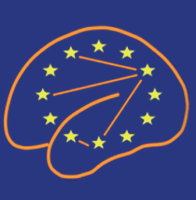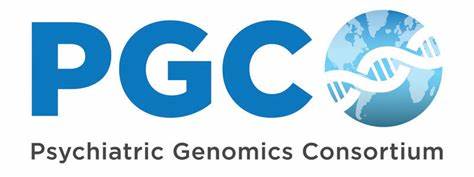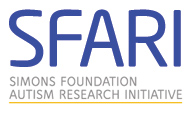Collaborations
The R2D2-MH will interact with National and European projects and initiatives. Examples are presented below:
The AIMS-2-TRIALS project (AIMS-2-TRIALS)
AIMS-2-TRIALS is coordinated by King’s College London (KCL) and aims to apply a precision medicine approach to Autism and improve patient outcomes by tailoring treatments to a patient’s biological profile. The objectives are 1) to validate and qualify stratification biomarkers from infancy to adulthood; 2) develop objective outcome measures that can be used in trials; 3) create a European-wide clinical trials network that reliably carries out studies able to support filings to the EMA/FDA; 4) carry out better targeted clinical trials linked to other international efforts, including quick wins or “fast fails” of ineffective agents; 5) translate molecular mechanisms and drug effects between preclinical models and particular subtypes of ASD.
The CANDY Project (CANDY)
Since mapping the entire human genome nearly 20 years ago, scientists have made tremendous progress in understanding the genetic basis of many diseases. However, there is never a one-to-one link between a single gene and a single illness. Several neurodevelopmental conditions often occur together and, further, are associated with somatic or mental illnesses. This combination significantly affects a person’s length and quality of life and there are no effective treatments. The EU-funded CANDY project is following a trail of rare and common genetic variants that are shared in many neurodevelopmental conditions and the possibility that immune dysregulation and microbiome at some point plays a role. Insight could point to personalised treatment and a drastic reduction in suffering for affected individuals.

The developing Human Connectome Project (dHCP)
The Developing Human Connectome Project (dHCP), led by King’s College London, Imperial College London and Oxford University, aims to make major scientific progress by creating the first 4-dimensional connectome of early life. The goal is to create a dynamic map of human brain connectivity from 20 to 44 weeks post-conceptional age, which will link together imaging, clinical, behavioural, and genetic information. This unique setting, with imaging and collateral data in an expandable open-source informatics structure, will permit wide use by the scientific community, and to undertake pioneer studies into normal and abnormal development by studying well-phenotyped and genotyped group of infants with specific genetic and environmental risks that could lead to Autistic Spectrum Disorder or Cerebral Palsy.

The Psychiatric Genomic Consortium (PGC)
By bringing together genetic data from hundreds of thousands of individuals around the world, the PGC is working to find the genetic variants that change risk of disease. Identifying the genetic basis of these conditions helps us to understand the underlying biology and to develop better ways of preventing and managing health conditions. There will be active synergies between the PGC and R2D2-MH, benefiting both initiatives.

The Simons Foundation Autism Research Initiative (SFARI)
The Simons Foundation Autism Research Initiative (SFARI)’s mission is to improve the understanding and support of autistic people by funding innovative research of the highest quality and relevance. Several PIs of the R2D2-MH consortium are collaborating with the SFARI and have access to the large cohorts dedicated to autism or are collaborating with SFARI in developing objective outcome measures, clinical trials, and individual predictors using brain imaging.